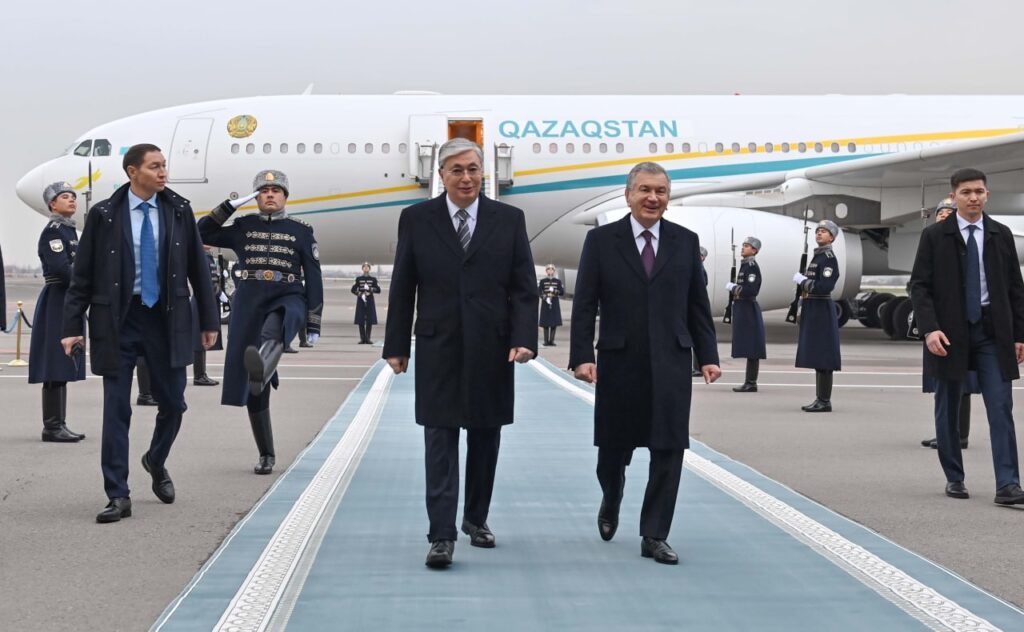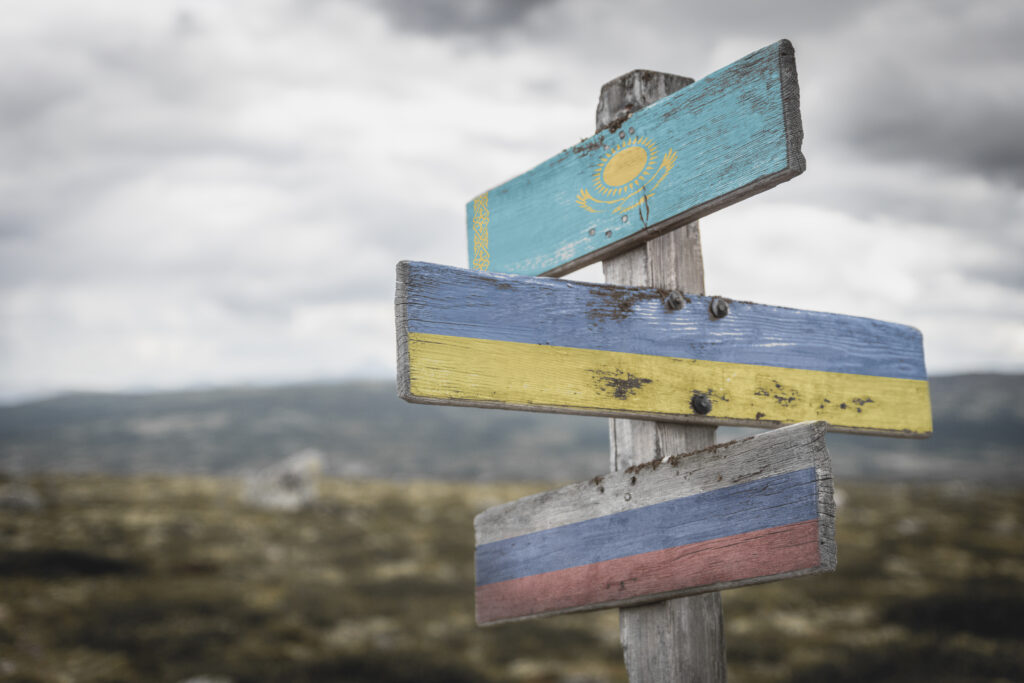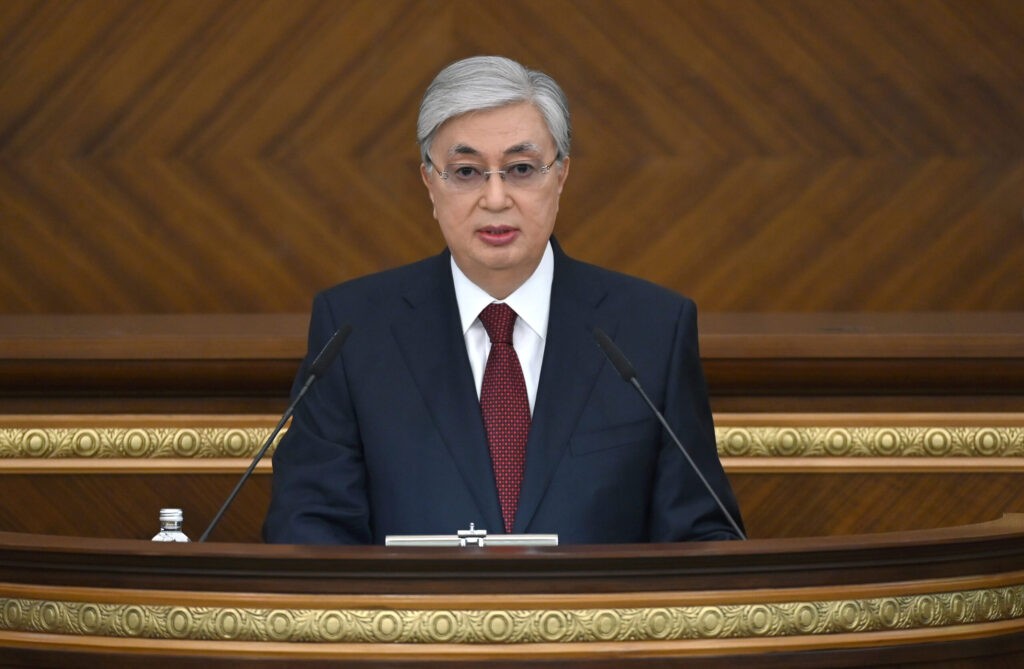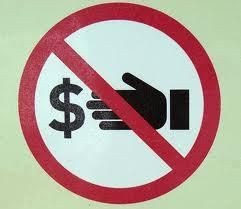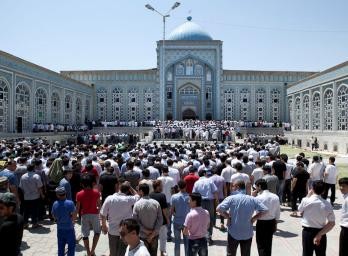Tokayev and Mirziyoyev make “historic breakthrough” in Kazakhstan-Uzbekistan relations
Kazakhstan’s President Kassym-Jomart Tokayev met with his counterpart from Uzbekistan, President Shavkat Mirziyoyev, during his state visit to Tashkent on December 21-22. Some 40 commercial agreements worth $2.5 billion were signed over two days while the two leaders also reached a border-demarcation agreement. Most significantly, the two countries signed the Treaty on Allied Relations. “It would be no exaggeration,” Tokayev said, “to call this document historic [and indeed] a breakthrough.” Background to the Treaty on Allied Relations Tokayev is no stranger to regional diplomacy. In the first decade and a half of his country’s independence, he served as Kazakhstan’s deputy foreign minister, foreign minister, deputy prime minister, prime minister, and state secretary. His leadership in developing the Treaty on Allied Relations with Uzbekistan marks a re-inauguration of autonomous economic co-operation amongst the Central Asian states. It is a promising indicator that they are again tending toward such co-operation outside Russian influence. Post-Soviet co-operation between Kazakhstan and Uzbekistan began with the Central Asian Union, created in 1994 and which also included Kyrgyzstan. This organization soon expanded to include Tajikistan and was renamed the Central Asian Co-operation Organisation (CACO). However, after Russia joined CACO a few years later, it was absorbed by the Moscow-directed EurAsian Economic Community (EurAsEC). This killed Central Asia’s first attempt at autonomous economic co-operation and integration. Uzbekistan withdrew from EurAsEC three years later in 2008. In 2015, EurAsEC was superseded by and absorbed into the Eurasian Economic Union (EEU), another Moscow-dominated economic integration project designed to maintain and project Russian influence across the former Soviet areas. Of the EEU’s five full members, only two -- Kazakhstan and Kyrgyzstan -- are from Central Asia while Uzbekistan is an observer. Western sanctions against Russia have further stalled the EEU’s already sluggish integration momentum and confirmed the diversion of its non-Russian members’ trade outside this bloc. What the new Treaty achieves Although the new Treaty is not the equivalent of NATO or the Collective Security Treaty Organisation of the Commonwealth of Independent States, it still constitutes a landmark founding document of autonomous Central Asian co-operation. “Treaties of allied relations” have been signed by other post-Soviet and Asian countries in recent years. These are mainly enhanced agreements that in the Soviet tradition used to be called “friendship and co-operation” agreements. Such agreements leave the door open to deepening co-operation in other spheres. Currency integration was not directly discussed, but this new co-operation will certainly help Uzbekistan to better implement the convertibility of its national currency, the Som. It was only in 2017 that Uzbekistan’s Som became freely convertible into Western currencies. Foreign direct investment in Uzbekistan had suffered greatly from its absence, hindering any dynamic growth during the whole reign of Mirziyoyev’s predecessor Islam Karimov, who led Uzbekistan from 1989 until his death in 2016. There is significant potential for an important future deepening of this newly established bilateral co-operation. Kazakhstan and Uzbekistan reached an agreement, for example, to create a working group chaired at the level of their deputy prime ministers,...
